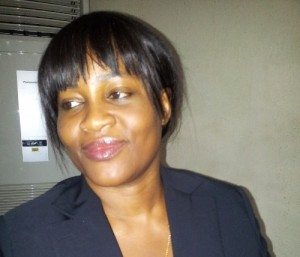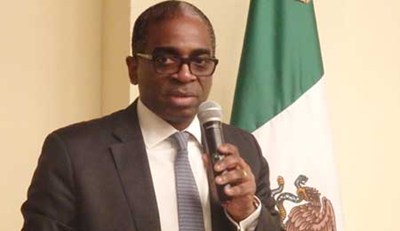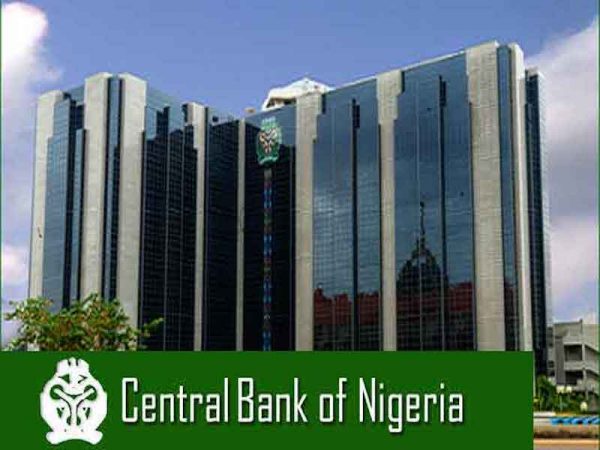$1trn market capitalisation target unattainable—NSE boss

The Nigerian Stock Exchange, NSE yesterday said that its target of reaching $1 trillion capitalisation by 2016 is no longer attainable. Chief Executive Officer, NSE, Mr. Oscar Onyema , disclosed this while briefing news men in Lagos on “2014 market recap and outlook for 2015”.
“It is not possible to realise the N1 trillion market capitalisation given the present economic situation”, he said.
He also said that the proposed plan to make the Exchange a public entity (demutualisation ) this year is no longer achievable.
“It is still on course but it can take from 18 months and above before the process can be conclude. So for this year we are not considering that but a lot of work is being done.”
Making prognosis into the New Year, Onyema said that despite the market sharp downturn in 2014, it would not be all doom and gloom for the market in 2015.
According to him, the market would take a turn for the positive if some of the concerns that caused sell-off, including concerns regarding the February general elections, unrest in the north-east among others are addressed within the year.
He noted that the present state of the market where the prices of most stocks are at their rock bottom presents good opportunity for domestic investors to take advantage of. “Although many anticipate volatility through the first half of the year, some stock prices are at their lowest since the May 2013 sell-off, some below book value, presenting domestic investors with no currency risk, an opportunity for cautious long-term investing.
“We expect that as the year progresses, underpinned by a successful election with no or low levels of violence, a tighter grip on the security situation in north-eastern Nigeria, and a more certain macroeconomic outlook for oil prices, interest rates and the naira, the market’s attractiveness could improve rather significantly.
“On the fixed income side, government bond yields hovered between 11.0 percent and 12.5 percent throughout 2014, and this will remain an attraction for investors seeking high risk-adjusted returns.
“The World Economic Forum (WEF) report, “Outlook on the Global Agenda 2015” ranks Deepening Income Inequality and Persistent Jobless Growth as the two top trends for 2015. The world is slowly coming to terms with the reality that its fastest-growing markets are emerging from the African continent, with Nigeria in a lead position.
“Although Nigeria exhibits the trends highlighted in the WEF report, its large and disproportionately young population (approximately 70 percent of the Nigerian population is under the age of 30) and growing middle class, supported by strong growth GDP projections, provide major opportunities that could translate into a powerful market for consumption.”
“This has not gone unnoticed by the increasing number of international businesses and investors looking to exploit this potential. As a result, both the foreign and domestic investment communities are optimistic that the recent economic expansion experienced in Nigeria should continue for the foreseeable future, in spite of economic challenges recently witnessed,” he affirmed.
Speaking on some of the achievements by the Exchange during the 2014 financial year, the boss said that in January 2014, the NSE made history by becoming the first African stock exchange to join the Inter-market Surveillance Group (ISG), an international group comprising securities exchanges, market centers and market regulators that perform front-line market surveillance within their respective jurisdictions.
Admission of the NSE, according to him, is an indication that the Exchange’s surveillance capacity is in line with international standards.
Furthermore, he said that the NSE was admitted to full membership in the World Federation of Exchanges in October 2014, following a multi-year process that included a two-day onsite inspection in September 2014, saying that full membership in the Federation bestows a higher level of credibility and visibility upon the NSE, enabling it promote higher standards. “It also provides an avenue for increased international cooperation, as well as increased investment flows,” Onyema stressed.







